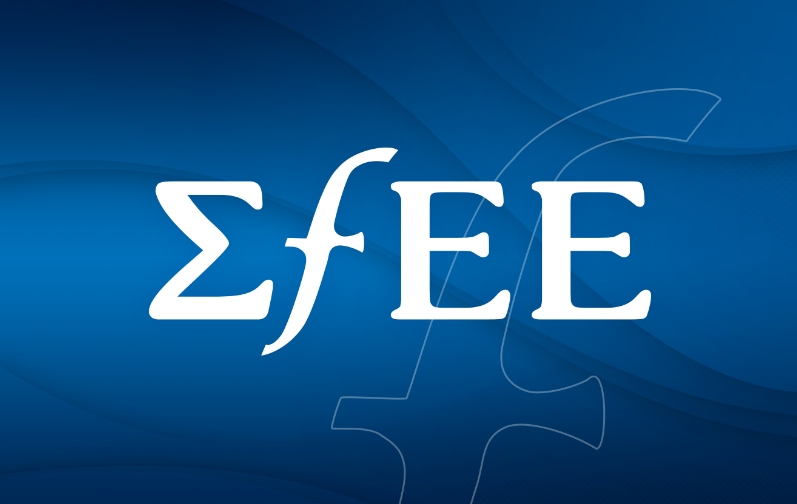General Assembly of SFEE – Resolution
SFEE’s EXTRAORDINARY GENERAL ASSEMBLY
Athens, May 17th, 2022
Subject: “Redefining Health & Medicine Police for the post COVID-19 era”
Athens, May 17, 2022. – The COVID-19 pandemic unearthed in Europe, and especially in Greece, the gaps in the public health systems, caused mainly by the insufficient funding and the age-long distortions. Parallel to these, the demographic problem – like the population ageing – along with chronic diseases such as diabetes, obesity, cardiovascular diseases and increased frequency of neoplasms, they all entail high rise in the demand for health care services and medicines, thus adding load to the public finances.
In our country, the State invests in pharmaceutical expenditure 26% less resources than the other Southern European countries and 47% less than the Western European countries; hence this expenditure manifestly does not suffice for the coverage of the real needs of this country’s population. This situation in combination with the lack of demand control measures causes expenditure overrun which is covered mainly by the pharma industry, through inconceivable and unbridled obligatory refunds (clawbacks and rebates) as well as the patients.
The amendment included in the bill “A Physician For All” which was recently voted further exacerbates the concerns in our sector regarding the government’s attitude, given that the adopted arrangements offer no solution to huge, chronic problems we face.
In particular: There is absolutely nothing in the form of motivation for the measures adopted while we witness, once again, a redistribution of refunds effected, between categories of medicines and between companies, of course. At the same time, no measures for curtailing pharmaceutical expenditure are envisaged. Most importantly, clawback is transformed, once again, into a rebate as it has happened again in the past (August 2017), with the introduction of the “polynomial” of the rebates, a method which has had no effect in expenditure restraining or curtailing the overall refunds paid by the pharmaceutical companies. The attempt to “sweeten the pill” of abolishing the clawback growth (80/20 in EOPPY – 90/10 in Hospitals) fails completely since it is transformed into a rebate charged “selectively”, without securing the reduction or even containment of the overall refunds. Finally, a legal basis is introduced for individual DRGs that will eventually also lead to a mere transfer of burden between drug categories and companies.
It must be clearly understood that pharmaceutical expenditure is stable since 2014 – i.e. for the past 9 years – the vaccines fund exempted. The total lack of demand control, concurrently, creates a suffocating situation for pharmaceutical companies, since they practically become the only partners “footing the bill” for a constantly deteriorating condition.
The public health crisis caused by the pandemic led all governments to reforming their budgets for Public Health. This must also be the case in our country.
In addition, we should not lose sight of the fact that an enhancement of the health systems entails the adoption of reform instruments we all need – such as digitization and innovation that create value for patients, health systems and society at large.
Our message sent to the State is crystal clear:
We fully understand the dire financial circumstances in our country due to the energy crisis, but this situation calls for excellent cooperation in good faith against the hasty and non-sufficiently justified decision making, the latter potentially having negative impact on the patients.
We ask for the:
- Immediate implementation of expenditure curtailing measures
- Sufficient budget funding, so as to cover patients’ needs
- Substantial implementation of the restructuring plan terms on the overall reduction of clawbacks and rebates, with a view to securing a real improvement for the industry and not merely an “accounting tidying-up” of the figures.
- Guarantee of transparency and predictability in the implementation of measures adopted by the State.
BECAUSE, AT THE END OF THE DAY,
BETTER HEALTH = HEALTHIER ECONOMY
-THE END –



